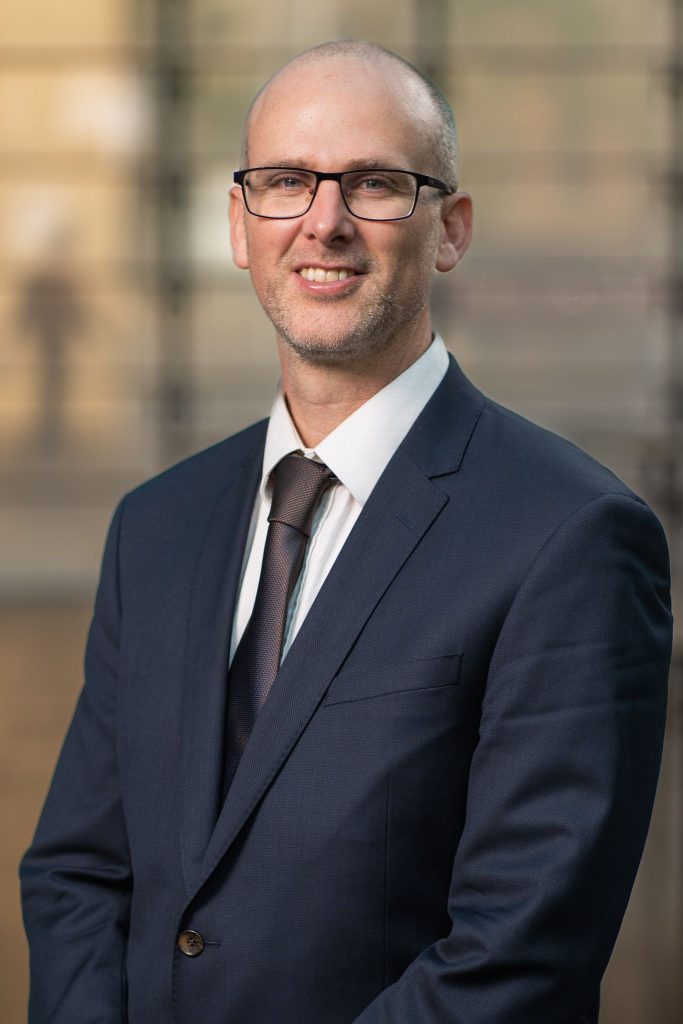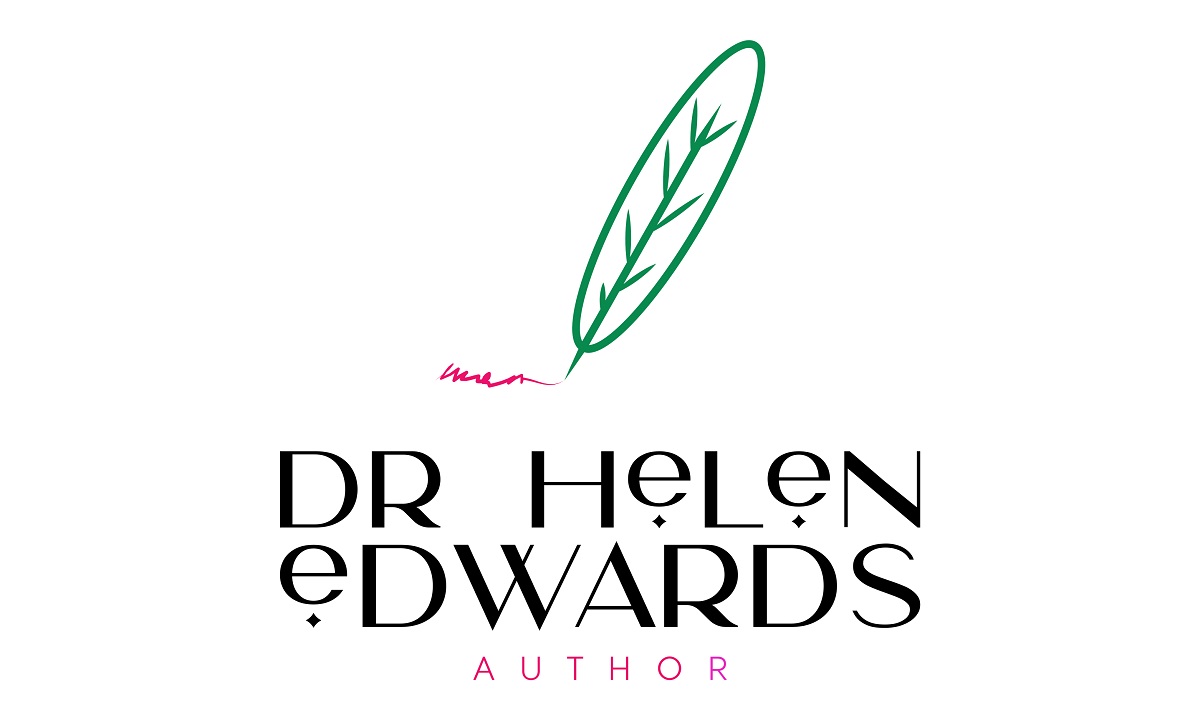Natural Rights with Peter Burdon at WOMADelaide

WOMADelaide is almost here! The Planet Talks is one of the highlights. One of the speakers, Peter Burdon, a legal academic working on Tarndanya, is presenting his research into the root causes of the environmental crisis and how law can be used as a tool to foster mutually beneficial human-earth relations. His research also engages the way law has been used to silence environmental protesters and facilitate environmental destruction.
Rights of nature is a new movement that treats the environment as a legal person with the rights to exist, persist and flourish. The idea first gained prominence in 1972 when Christopher Stone Published “Should Trees Have Standing” and for thirty years it inspired the development of environmental law. But at the turn of the century, we saw the first legal enactments of this idea in rural communities in in the United States and then in 2008 Ecuador included rights of nature in their national constitution. Other countries have followed this pattern – for example, in New Zealand the
Whanganui River is recognised as a person and members of the local Maori Iwi can speak on its behalf.
Peter was drawn to work in law, as he was interested in the potential for law to respond to justice issues. In particular, he was passionate about First Nations legal issues and land rights. In the early 2000’s he was actively involved in campaigns to protect Country from a nuclear waste dump and attempts to stop the expansion of uranium mining. Once he became a law student, his interests expanded to include attention to the ways law actively facilities types of harm. When he started thinking about law, he was under the impression that it had a connection to ethics and justice. But, he says, he was quickly disabused of that notion!
As well as his work as an academic and teacher in law, he is also a published author and has written or edited ten books on topics ranging from Earth Jurisprudence to the evolution of law in the Anthropocene. Peter has also written extensively on the rights of nature and has travelled to Ecuador to study its operation in the Constitution.
“Books are primarily a creative output and a medium through which a writer can create an audience (as opposed to writing for an audience). I love the time, solitude and freedom to think expansively about an idea.”
At WOMAD, Peter is interested in discussing the power of the idea of Earth Jurisprudence, its potential to protect the environment AND the shortcomings of a rights based approach. He has written about this recently here.
He explains that Earth Jurisprudence tries to think about law as if nature mattered. For example, current law cannot see nature as anything other than property (‘the property gaze’). Interconnected ecosystems are divided up into discrete fiefdoms, each with an individual owner with decision making power over how that land is managed.
“Earth Jurisprudence conceptualises the environment as something that we are interconnected with and dependant on. From within this lens human beings have obligations and responsibilities to the environment – not just rights. We also need to think about living arrangements that place us within an ecosystem that needs to be holistically managed.”
Peter explains that the term Earth Jurisprudence was coined by Thomas Berry and Cormac Cullinan, but the ideas are old and borrow most directly from environmental philosophy and ideas in environmental law that developed from the 1970’s.
“I think it is important to be clear that while there are similarities between some of the ideas in Earth Jurisprudence and First Nations Law, they are still discrete areas with unique contributions.”
Peter begins his work from the presupposition that human beings need some mechanism through which to engage and use the environment.
“At its most basic, we have a need to take from the environment for shelter, warmth, food and water. Whether we call that mechanism a system of property or something else does not really matter. With that said, how we define property is up to us,” he says.
At the moment, our idea of property focuses only on three rights – the rights to use, exclude and alienate. This means, for example, if you own a block of land, you have the right to use it, exclude others (trespassers) and sell the land. Peter says that just because our current idea of property focuses on these three ideas, does not mean that is all that property can mean. Nor does it mean that the dominant property arrangement needs to be private property as opposed to common property.
Property is a social institution that changes and evolves over time, and it is for us to define what it means. There is no reason why we can’t adopt an idea of property that recognises ideas such as reciprocity, obligation, and responsibility. In fact, these are the most appropriate ideas in an ecological age.

In relation to instances of these actions in Australia, Peter says they tend to be ‘self-imposed’ rather than required by law. Some of the most interesting examples he cites are from farming communities where, for example, landowners have sold their land but included conditions that subsequent owners must preserve and maintain the ecological system. He has also become interested in the rise of regenerative farming practices whereby landowners embed ethics of care and responsibility into land management practices.
Wild Law is a similar concept to Earth Jurisprudence. Cormac Cullinan describes Wild Law as the practical application of Earth Jurisprudence. In other words, while Earth Jurisprudence is the theory, Wild Law is the practical enactment in law.
“To date I don’t think that there has been an instance of Wild Law in Australia. The Yarra-River Protection Act might be considered an example but because it is really limited to the development of a strategic plan it is much more limited than other examples overseas.”
Peter is a regular WOMADelaide attendee and has been at the wonderful event almost every year since 2008. He was also a speaker at the Earth Station festival a few years ago. He says he is looking forward to being surprised by a piece of music or an idea which he has not encountered before, which are both part of the magic of WOMADelaide.
Peter has a book coming out this year on the Anthropocene. You can see more about the book here.
I am very much looking forward to learning more about Peter’s work and understanding how law can make a positive impact to the health of our planet and to all of our lives.
Helen
